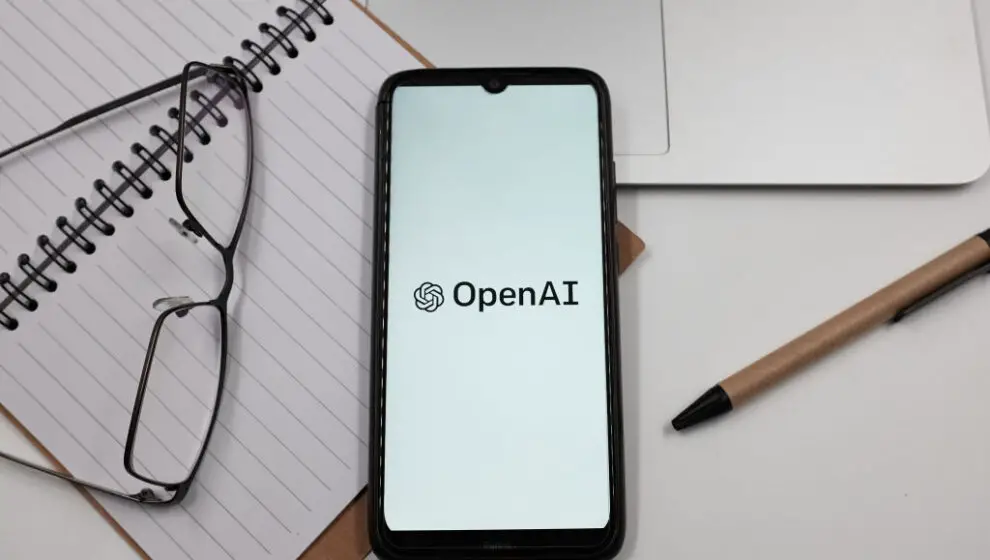One of the nation’s leading newswire services will play a role in training the most popular artificial intelligence (AI) chatbot in the world.
Key Details
- The Associated Press (AP) announced on Thursday that it has reached a deal with ChatGPT developer OpenAI.
- OpenAI will be able to license part of the newspaper’s text archive going back to 1985, while AP will be granted the ability to use some of OpenAI’s technology and expertise, the companies revealed in a joint statement.
- The current deal between both companies is licensed for two years and marks the first major contract between a journalist organization and an AI firm, Axios notes.
- AP does not use generative tech to write its stories but uses AI in many of its features, including automated corporate earnings reports, sports statistics recaps, syndication features, image archive search features, safety alerts, and language translation.
Why It’s News
OpenAI is facing two serious challenges against the integrity of its AI products—that they are prone to generating disinformation and untruthful statements and that the company’s data scraping practices have resulted in copyright infringements against dozens of authors and writers, resulting in multiple lawsuits and inquiries from the Federal Trade Commission.
Licensing data from the AP has two benefits—it gives the AI researchers a large supply of available data to train its chatbots on to help them become more accurate and allows them to rely less on content that could turn out to be copyrighted.
The deal similarly benefits the AP, which intends to use its access to OpenAI to study responsible uses and best practices for generative AI in news products and services. It says it is also in open dialog with other technology companies about similar opportunities.
“We are pleased that OpenAI recognizes that fact-based, nonpartisan news content is essential to this evolving technology and that they respect the value of our intellectual property. AP firmly supports a framework that will ensure intellectual property is protected and content creators are fairly compensated for their work,” says AP SVP Kristin Heitmann. “News organizations must have a seat at the table to ensure this happens so that newsrooms large and small can leverage this technology to benefit journalism.”

